All Stories
-
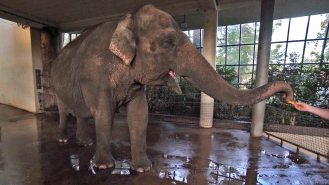 Animals
AnimalsThis elephant peels bananas, but only slightly ripe ones
Pang Pha, an Asian elephant at Zoo Berlin, probably picked up the skill by observing her zookeeper.
-
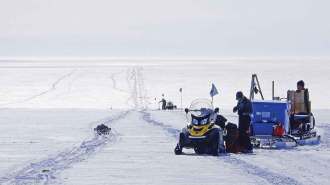 Earth
EarthA massive cavern beneath a West Antarctic glacier is teeming with life
A subglacial river has carved out the cavern beneath the Kamb Ice Stream, a West Antarctic glacier, and may be supplying nutrients necessary for life.
By Douglas Fox -
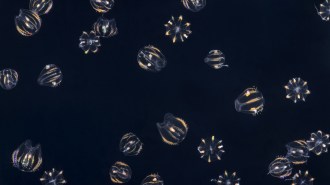 Life
LifeComb jellies have a bizarre nervous system unlike any other animal
A 3-D map of the comb jelly “nerve net” reveals fused neurons that lack the space, or synapses, most neurons use to communicate. Did it evolve independently?
By Jake Buehler -
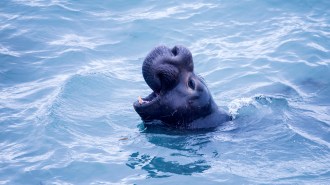 Animals
AnimalsNorthern elephant seals sleep just two hours a day at sea
The marine mammals have truly awesome stamina for staying awake, sleeping only minutes at a time on months-long trips at sea.
-
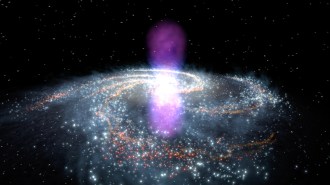 Astronomy
AstronomyCosmic antimatter hints at origins of huge bubbles in our galaxy’s center
An excess of positrons in Earth’s vicinity supports the idea that the Fermi bubbles were burped by the Milky Way’s supermassive black hole long ago.
-
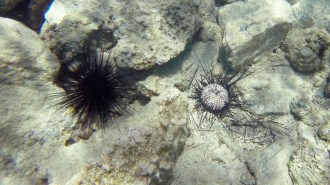 Animals
AnimalsUrchins are dying off across the Caribbean. Scientists now know why
A type of single-celled microorganism associated with coral diseases is behind a sea urchin die-off in the Caribbean.
By Anna Gibbs -
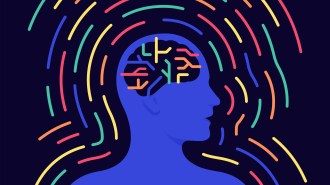 Neuroscience
NeuroscienceThe classic map of how the human brain manages movement gets an update
Functional MRI scans provide a new version of the motor homunculus, the mapping of how the primary motor cortex controls parts of the body.
-
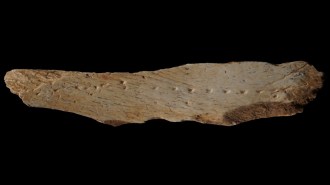 Archaeology
ArchaeologyA prehistoric method for tailoring clothes may be written in bone
A punctured bone fragment was probably a leatherwork punch board. Perforated leather sewn together may have been seams in clothing.
-
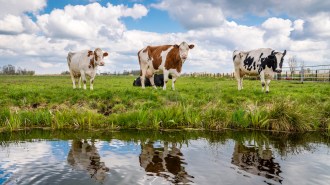 Climate
ClimateMethane may not warm the Earth quite as much as previously thought
Methane absorbs both longwave and shortwave radiation, with competing effects on climate, a study finds. The gas remains a potent warmer of the planet.
By Douglas Fox -
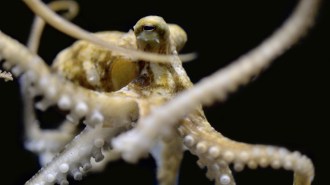 Animals
AnimalsOctopus, squid and cuttlefish arms evolved to ‘taste’ different compounds
Octopus suckers can taste a variety of greasy, sticky molecules, while squid and cuttlefish suckers detect bitter compounds.
-
 Planetary Science
Planetary ScienceSaturn’s icy rings are probably heating its atmosphere, giving it an ultraviolet glow
Detecting similar emission from a distant world could help astronomers find other planets that boast bright and beautiful rings.
By Ken Croswell -
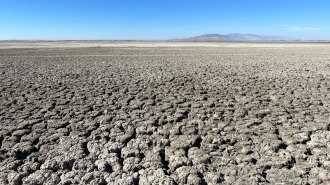 Earth
EarthThe Great Salt Lake is shrinking. What can we do to stop it?
A dropping lake level affects agriculture, public health and the environment — but water conservation can halt the decline.